Java programming: A Beginner’s Guide to Object-Oriented Programming
Are you eager to embark on your programming journey with one of the most versatile and widely-used languages in the industry? Look no further! In this comprehensive Java programming guide, we’ll equip you with the essential skills and knowledge needed to master Java programming from scratch.
Why Learn Java?
Java stands out as a cornerstone language in the realm of software development, renowned for its versatility, performance, and vast ecosystem of libraries and frameworks.
Mastering Java not only opens doors to a plethora of career opportunities but also provides a solid foundation for delving into other programming languages and technologies.
Getting Started with Java programming
Before diving into coding, let’s set up your development environment. Java’s platform-independent nature ensures compatibility across different operating systems.
All you need is the Java Development Kit (JDK) and your preferred text editor or Integrated Development Environment (IDE) such as Eclipse or IntelliJ IDEA.
Refer to our comprehensive guide on configuring your environment and creating your first “Hello, World!” program using Java. Once you’re set up and ready to go, dive into the exciting world of Java programming and unleash your creativity!
Now, let’s explore the fundamentals of Java programming, starting with its object-oriented nature.
Java revolves around the concept of classes and objects, making it an ideal language for modeling real-world entities and solving complex problems.
You’ll learn in this Java programming guide, how to define classes, create objects, and leverage inheritance and polymorphism to build scalable and maintainable code.
Exploring Java’s Features
Java’s rich feature set empowers developers to tackle a wide range of projects with ease. Throughout this guide, we’ll delve into key features including:
- Data Types and Variables: Master the art of declaring variables, manipulating primitive data types, and harnessing arrays and collections to manage data efficiently.
- Control Flow: Navigate through control flow statements such as if-else, switch-case, and loops to control program execution flow and enhance code flexibility.
- Exception Handling: Gain proficiency in handling errors and exceptions gracefully, ensuring robustness and reliability in your applications.
- File I/O: Explore Java’s input/output (I/O) capabilities to read from and write to files, enabling seamless interaction with external data sources.
- Object-Oriented Programming (OOP): OOP is a powerful paradigm that allows developers to model real-world entities as objects, making code more organized, modular, and reusable. In Java, key OOP concepts include:
- Encapsulation: Encapsulation hides the internal state of an object and exposes only the necessary functionality through methods, thus enhancing security and maintainability.
- Inheritance: Inheritance enables the creation of new classes (subclasses) based on existing classes (superclasses), allowing for code reuse and establishing an “is-a” relationship between classes.
- Polymorphism: Polymorphism allows objects of different classes to be treated as objects of a common superclass, facilitating dynamic method invocation and enhancing code flexibility.
- Multithreading: Dive into the world of concurrent programming with Java’s robust multithreading support, allowing you to execute multiple tasks simultaneously and improve application performance.
- Networking: Unlock the potential of network programming using Java’s networking APIs, facilitating communication between distributed systems and enabling the development of client-server applications.
- Graphical User Interface (GUI) Development: Delve into Java’s GUI frameworks such as JavaFX and Swing to create intuitive and interactive user interfaces for desktop applications.
- Database Connectivity (JDBC): Learn how to connect Java applications to relational databases using JDBC, enabling seamless data retrieval, manipulation, and storage.
Throughout your learning journey, you’ll engage in hands-on exercises and projects designed to reinforce concepts and sharpen your skills. By the end of this guide, you’ll emerge with a solid understanding of Java’s core principles and the confidence to tackle advanced topics such as GUI development, web application deployment, and Android app creation.
Join Our Community
Ready to embark on your Java programming odyssey? Join our vibrant community of learners and enthusiasts at elgarnaoui.com. Connect with fellow developers, share insights, and embark on a transformative learning experience. Together, let’s unlock the full potential of Java programming and embark on a journey of innovation and discovery.

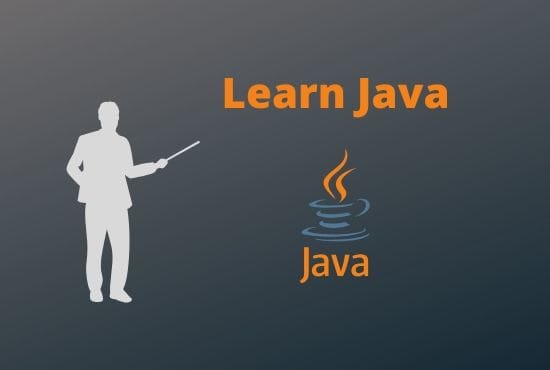
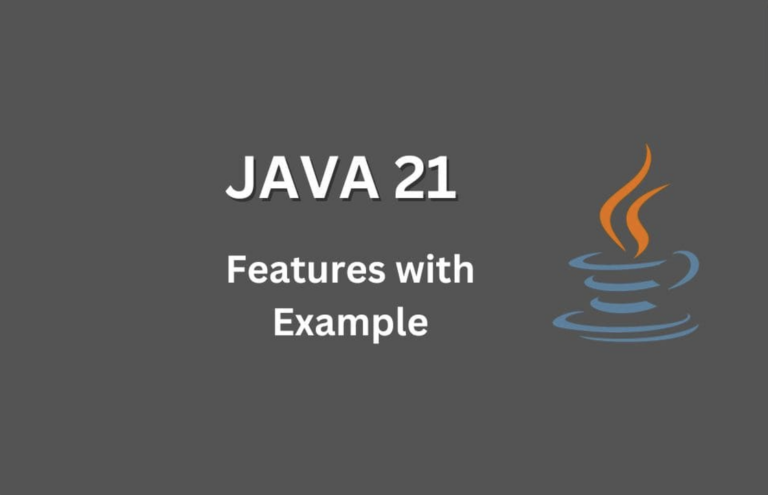
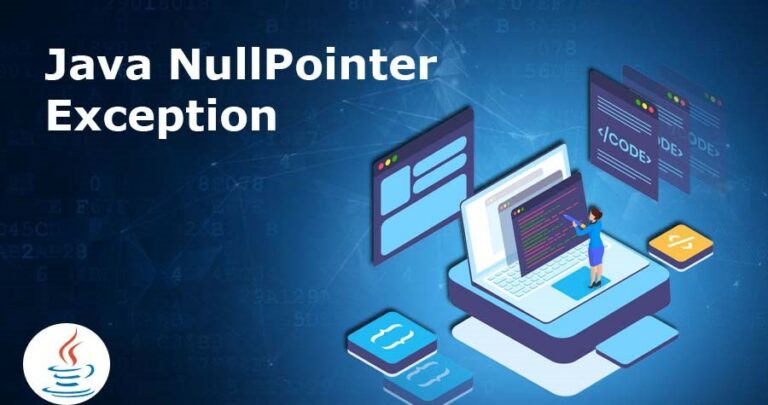
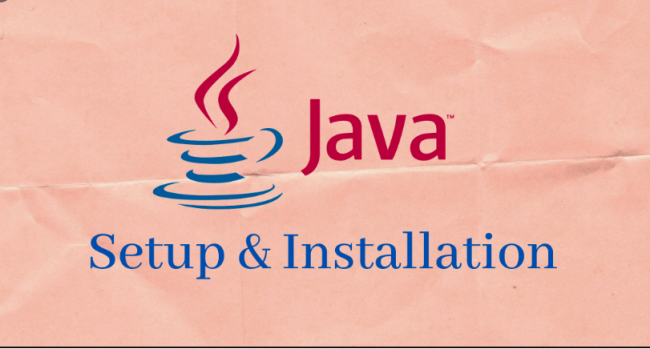

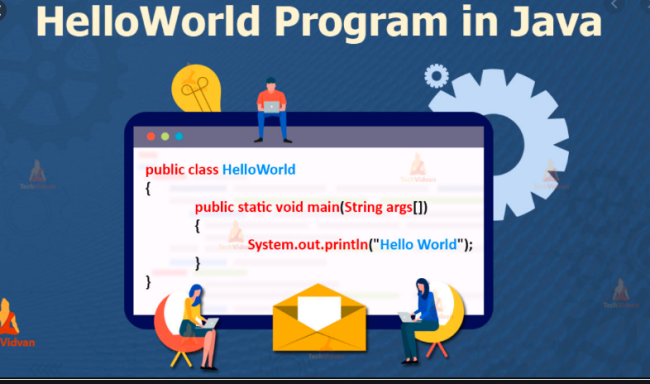
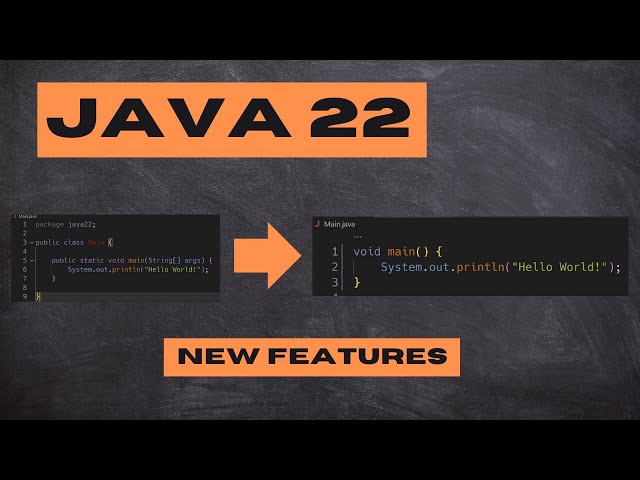
https://shorturl.fm/GzXzZ
https://shorturl.fm/QkgYi
https://shorturl.fm/IgtR2
https://shorturl.fm/YWa03
https://shorturl.fm/pZPqJ
Fast indexing of website pages and backlinks on Google https://is.gd/r7kPlC
Boost your income effortlessly—join our affiliate network now!
Earn passive income on autopilot—become our affiliate!
Grow your income stream—apply to our affiliate program today!
Promote our brand, reap the rewards—apply to our affiliate program today!
Drive sales, collect commissions—join our affiliate team!
Join our affiliate family and watch your profits soar—sign up today!